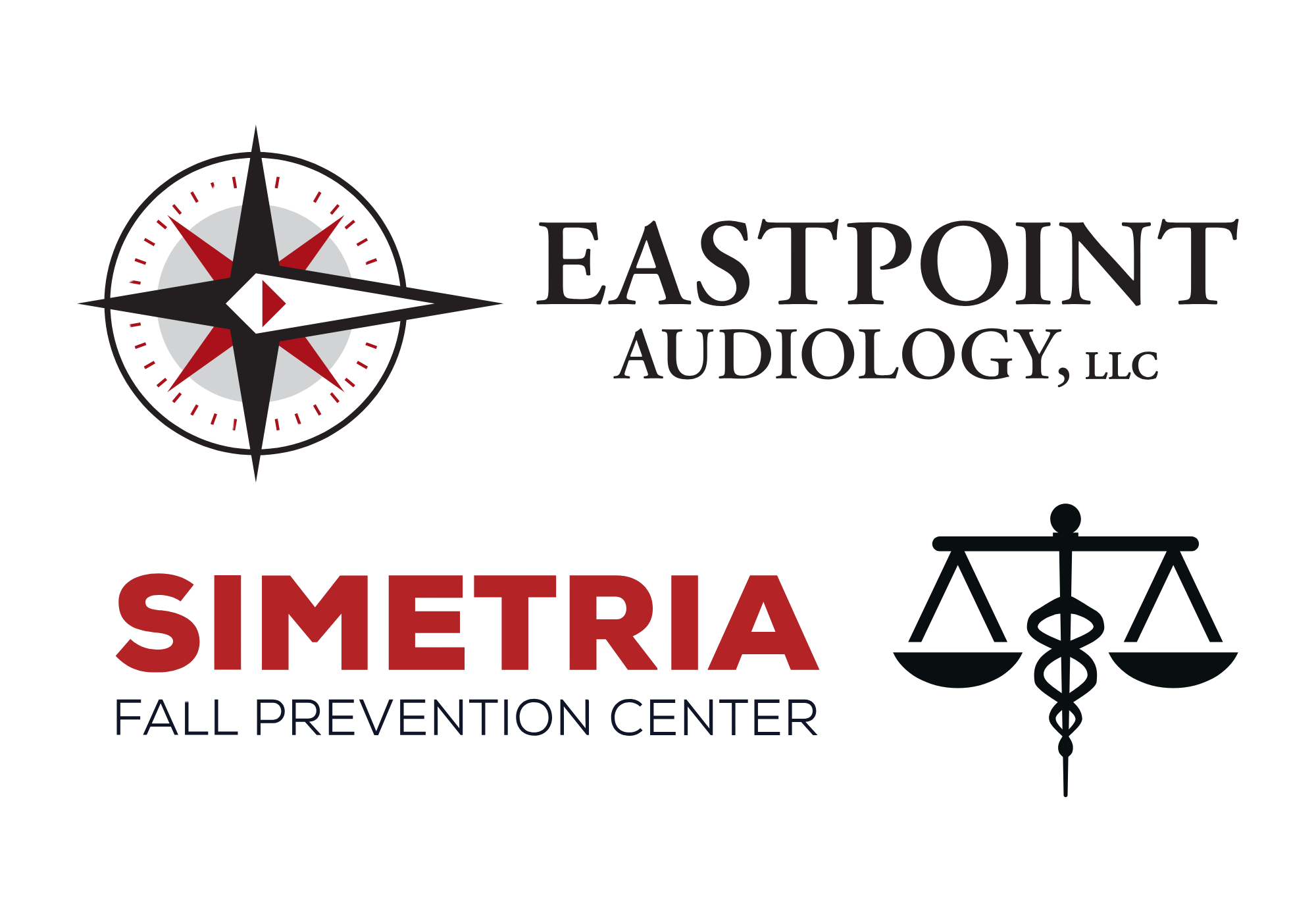As we get older, we tend to keep a close eye on our health, regular exams, blood pressure tests, and eye tests. But one essential area commonly gets neglected: our hearing!
Hearing loss is more prevalent than many people realize, and it can creep in gradually, particularly after age 50. The good news? Regular hearing exams are fast, pain-free, and can make a huge difference in your general health and quality of life!
Hearing loss: a common (and often silent) problem
Not all cases of hearing loss are as easily noticeable as continuously raising the volume or regularly requesting others to speak louder. It can be subtle initially, like missing out on parts of conversations, especially in loud places, or feeling like people are mumbling more frequently.
Roughly one-third of people aged 65 and older cope with hearing impairment, while almost 28% of those over 52 encounter difficulties in their daily tasks as a result of this problem. The issue? Because hearing loss progresses gradually, most individuals don’t realize how much they’re missing until it starts impacting their relationships, work, or mental well-being.
Why hearing tests after age 50 make a difference
Much like getting a yearly check-up or eye examination, having a hearing evaluation can help protect your well-being. Let’s discover the significance of these assessments:
Detecting problems promptly results in taking immediate steps
The sooner hearing loss is caught, the easier it is to deal with. Regular screenings allow audiologists to record changes over time and recommend solutions before the problem becomes more advanced.
The health of your hearing is connected to the health of your brain
Research has shown that untreated hearing loss is associated with an increased danger of cognitive decline and dementia.
That’s because the brain works harder to “fill in the blanks” when hearing is impaired, which can lead to mental exhaustion and reduced cognitive function over time.
Better communication, stronger relationships
Frustration, social isolation, and depression may result from hearing impairment. When you’re continuously struggling to hear or misinterpreting others, it can take a toll on your personal and professional life. Improving hearing can help preserve important relationships.
Hearing affects balance and safety
Your ears do more than help you hear– they also play a role in your equilibrium and spatial awareness. Hearing loss has been connected to an increased risk of falls, specifically in older people.
What is a hearing test like?
An audiological evaluation is a quick and relaxed process that normally takes less than an hour. You will consult with a hearing specialist who will:
- Share your worries and symptoms
- Utilize headphones to assess your auditory perception of a variety of frequencies
- Carry out tests like speech recognition
If hearing loss is detected, you’ll go over options, which may include hearing aids, assistive devices, or lifestyle adjustments to improve your hearing health.
How frequently should you have a hearing evaluation?
Hearing specialists advise having an initial hearing evaluation at 50 years old, then having routine exams every year or every other year, especially if you:
- Detect changes in your hearing
- Have a genetic history of hearing loss
- Are exposed to loud noises on the job or in past workplaces
- You are a current hearing aid user
Don’t wait to have your hearing checked
Your hearing affects how you communicate with the world. Regular screenings after 50 can help you stay sharp, socially active, and independent– and they’re one of the easiest health checks you can schedule.
Need help getting started? Contact us today to book a hearing evaluation. Hearing specialists are available to assist you in maintaining your hearing health and providing support, whether you have noticed any changes or simply want reassurance.

